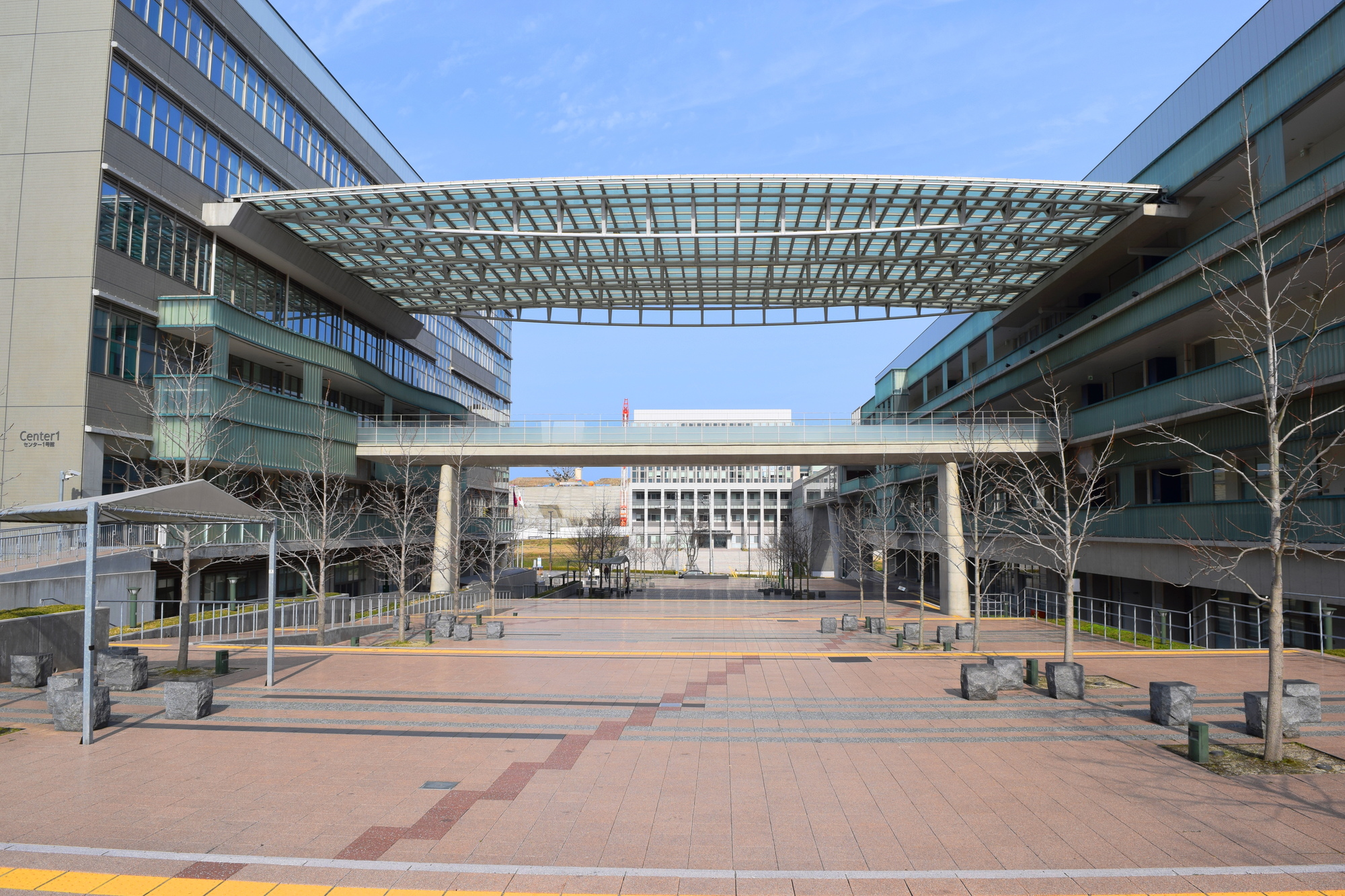A research group from the Kyushu University Graduate School of Science and Harvard Medical School's Graduate School of Genetics has successfully identified a group of reprogramming factors that can give non-limb cells the properties of limb progenitor cells. Since limb progenitor-like cells can be generated from non-limb cells, progress is expected in the development of limb defect treatment technology.
Human limbs are derived from the lateral plate mesoderm during embryonic development. Part of the lateral plate mesoderm becomes limb progenitor cells (LPCs), which form connective tissues such as bones, cartilage, and tendons late in embryonic development. Regarding the limb bud, which is the limb primordium, many genes related to limb bud formation have been discovered, but the identity of the gene that initially gives ``LPC-likeness'' to the lateral plate mesoderm was unknown.
The research group aimed to identify "reprogramming factors" among genes expressed in limb buds that can convert non-limb-derived cells into LPC-like cells. First, we listed a group of genes that act only in the early limb bud formation region as candidates for reprogramming factors, and investigated whether non-limb-derived cells contain genes that promote the expression of marker genes characteristic of LPC. As a result, expression of LPC marker genes was induced when a combination of transcription factors Prdm16 and Zbtb16 and RNA binding factor Lin28a (named PZL) was used.
Cells in which expression of this marker gene was induced (named rLPC) not only had a gene expression profile but also had the same differentiation ability (bone and cartilage forming ability) as endogenous LPC. Furthermore, adding Lin3, an E41 ubiquitin ligase, to PZL increased rLPC reprogramming efficiency.
This strongly suggests that these factors are likely to play a role in limb progenitor cell specification during limb development. We were also the first in the world to succeed in creating LPC-like cells through reprogramming.
Paper information:【Developmental Cell】Direct Reprogramming of Non-limb Fibroblasts to Cells with Properties of Limb Progenitors

